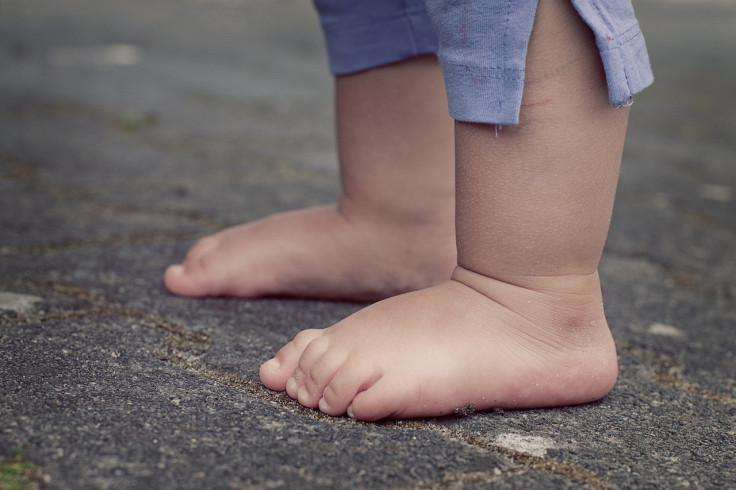Exposure To Chemicals Used In Plastic May Cause Developmental Issues In Toddler Boys

Studies have shown the negative impacts of exposure to "forever chemicals" or perfluoroalkyl substances (PFAS) in plastics, including the increased risk of developing allergies, asthma, liver disease and cancer. Researchers have now found that exposure to another chemical frequently seen in plastics, called phthalates, can cause developmental issues in toddler boys.
Phthalates or plasticizers are a group of chemicals used to improve the resilience of plastics. They are also used as solvents in manufacturing products such as vinyl flooring, lubricating oils, detergents, diapers, soaps, shampoos and hair sprays.
People get exposed from direct contact with the surface containing the chemicals, by breathing phthalate particles in the air or consuming food and drinks that are in direct contact with the chemical.
According to the Centers for Disease Control and Prevention(CDC), phthalates affect the reproductive system in animals. However, their impact on human health was not known.
In the latest study, published in the journal NeuroToxicology, researchers revealed that exposure to phthalates in the womb affects the emotional and behavioral development of young boys.
"Our findings underscore the potential impact of maternal exposure to phthalates on children's emotional and behavioral development, particularly among boys," study lead author Liron Cohen-Eliraz said.
For the study, researchers analyzed the urine samples of women who were between 11 to 18 weeks of their pregnancies. The samples were tested for phthalate byproducts (DEHP, DiNP, and MBzBP). They later tested the developmental and behavioral progress of the participants' offspring at the age of two.
Boys exposed to higher levels of DEHP chemicals during the first trimester had lower scores on personal and social development measures that indicate their abilities to interact and communicate with others. Their scores on emotional reactivity, anxiety and depression were also low.
However, the tests did not show any difference in girls' development.
"Our study adds to the growing body of evidence highlighting the need for greater environmental awareness, and action to minimize exposure to harmful chemicals during pregnancy," Cohen-Eliraz said.



























